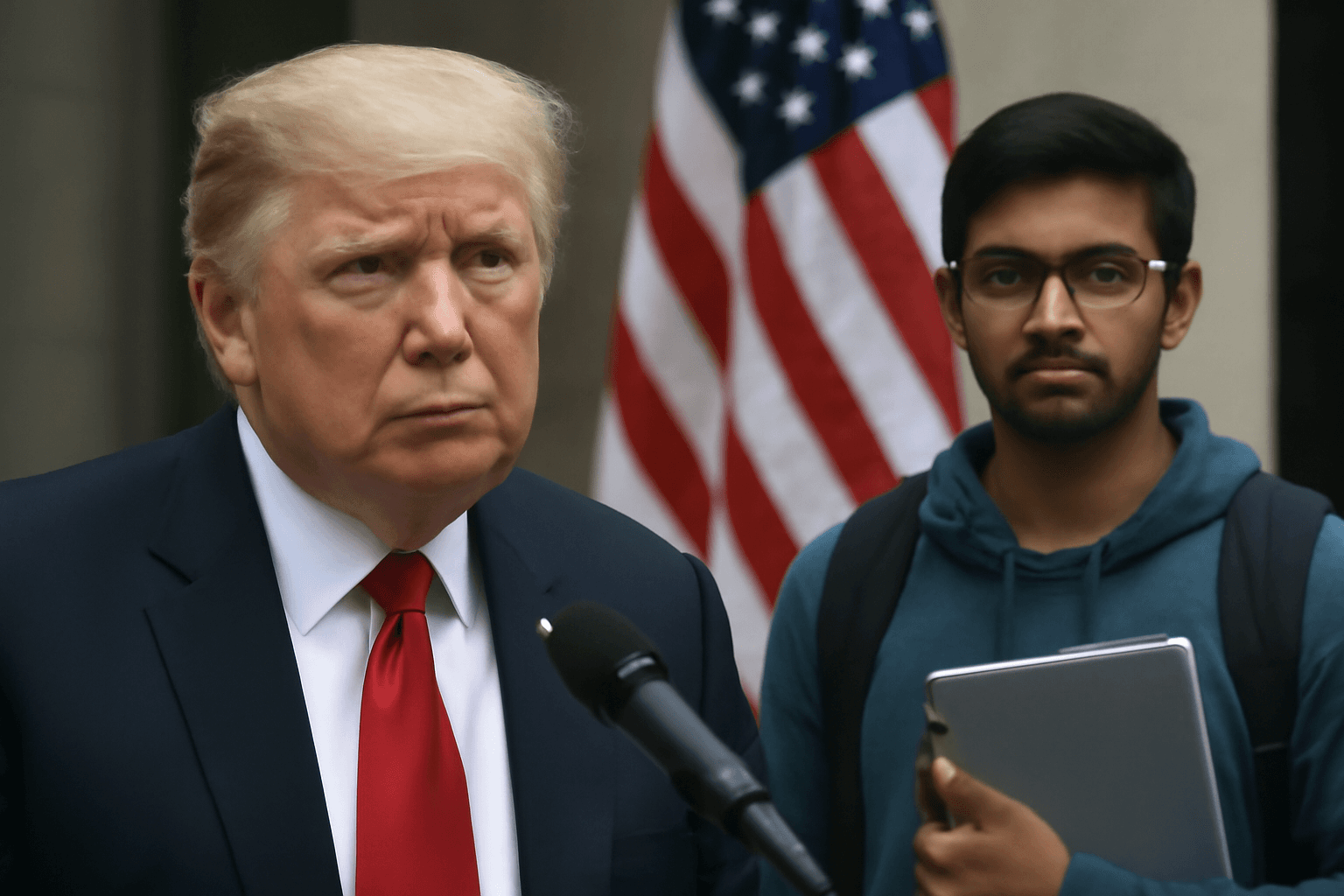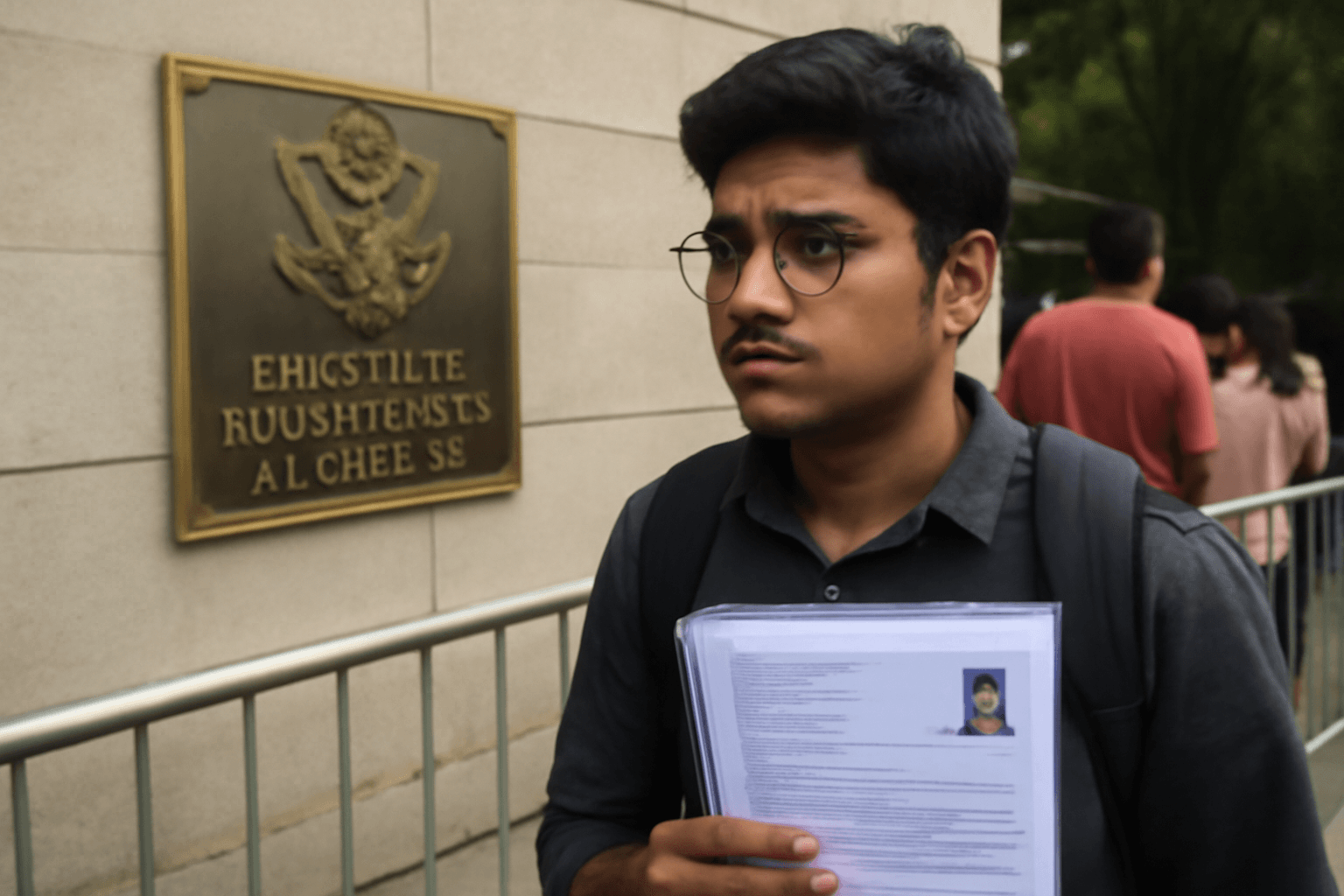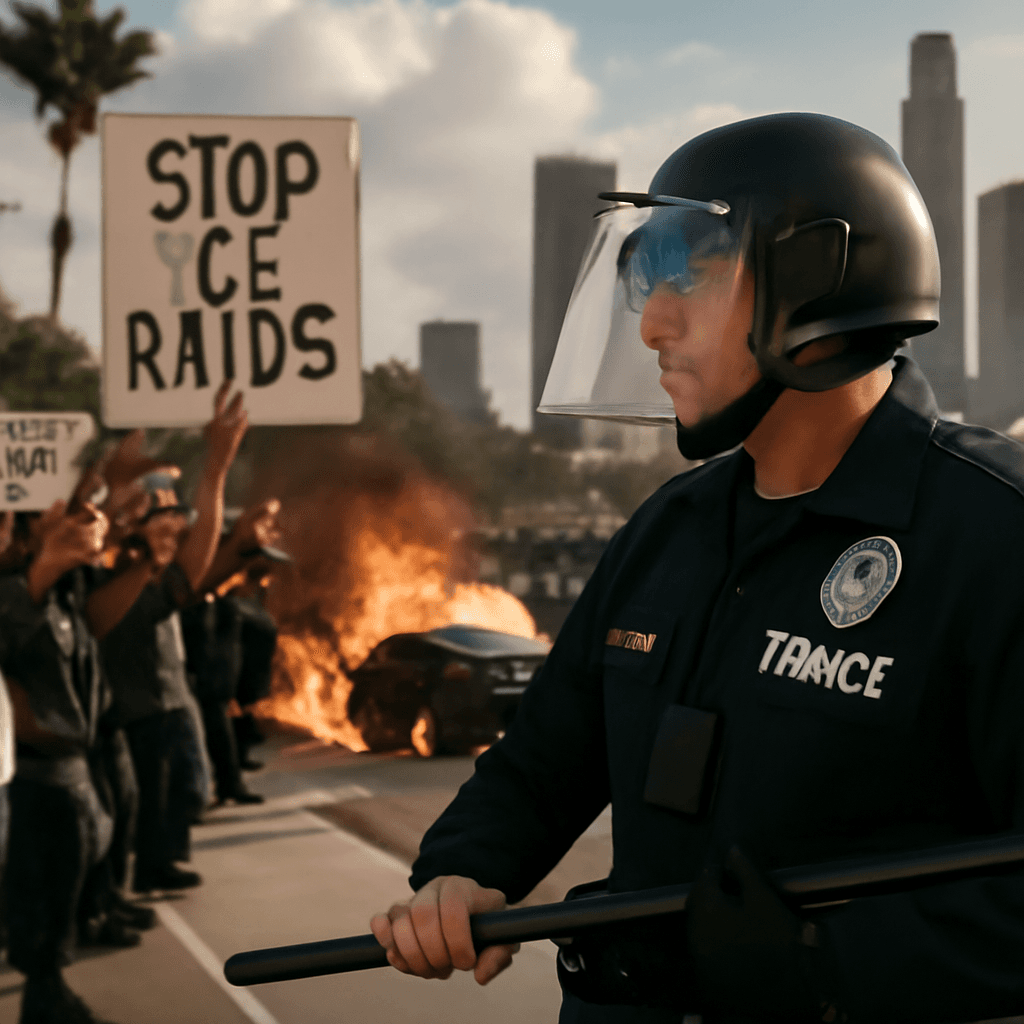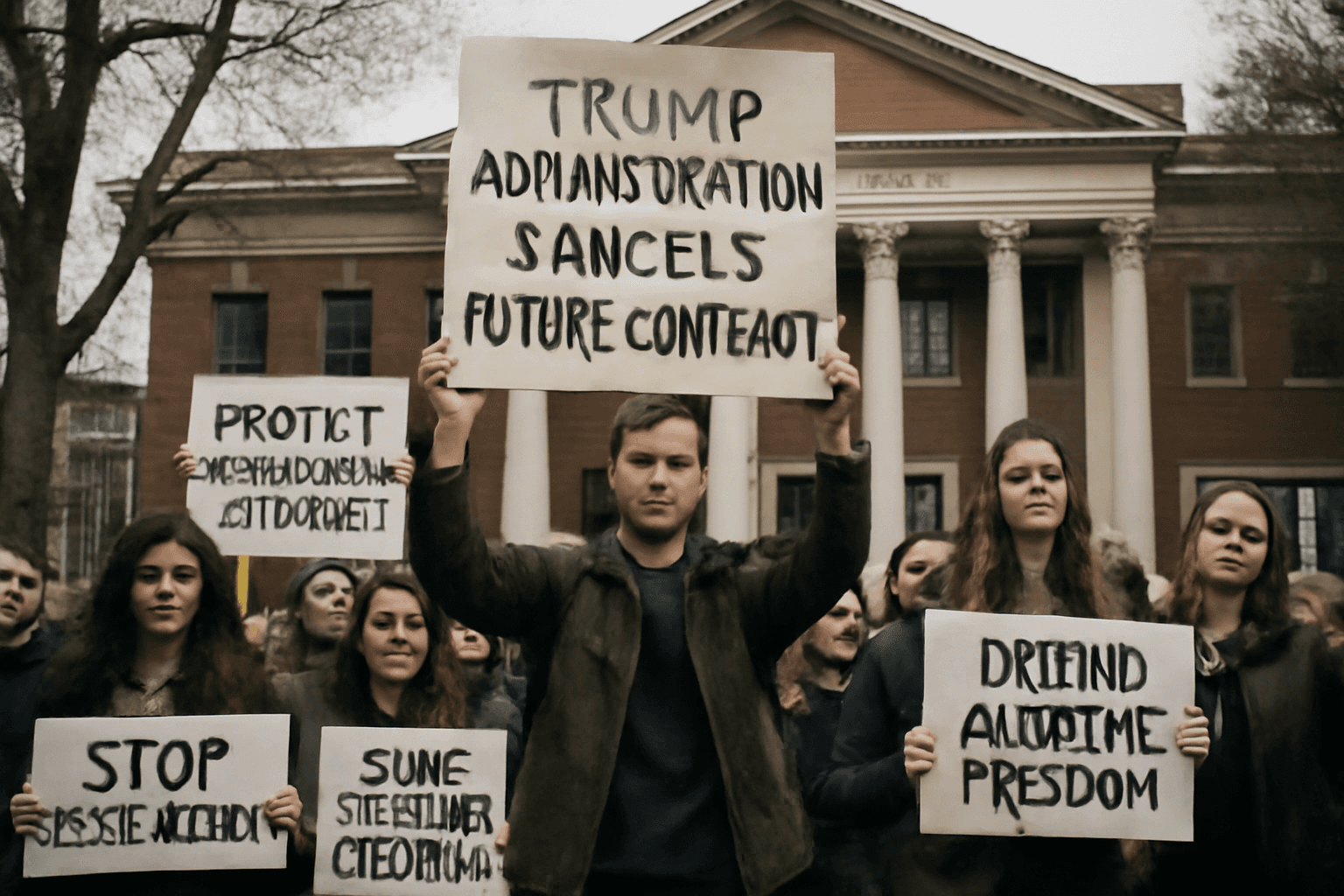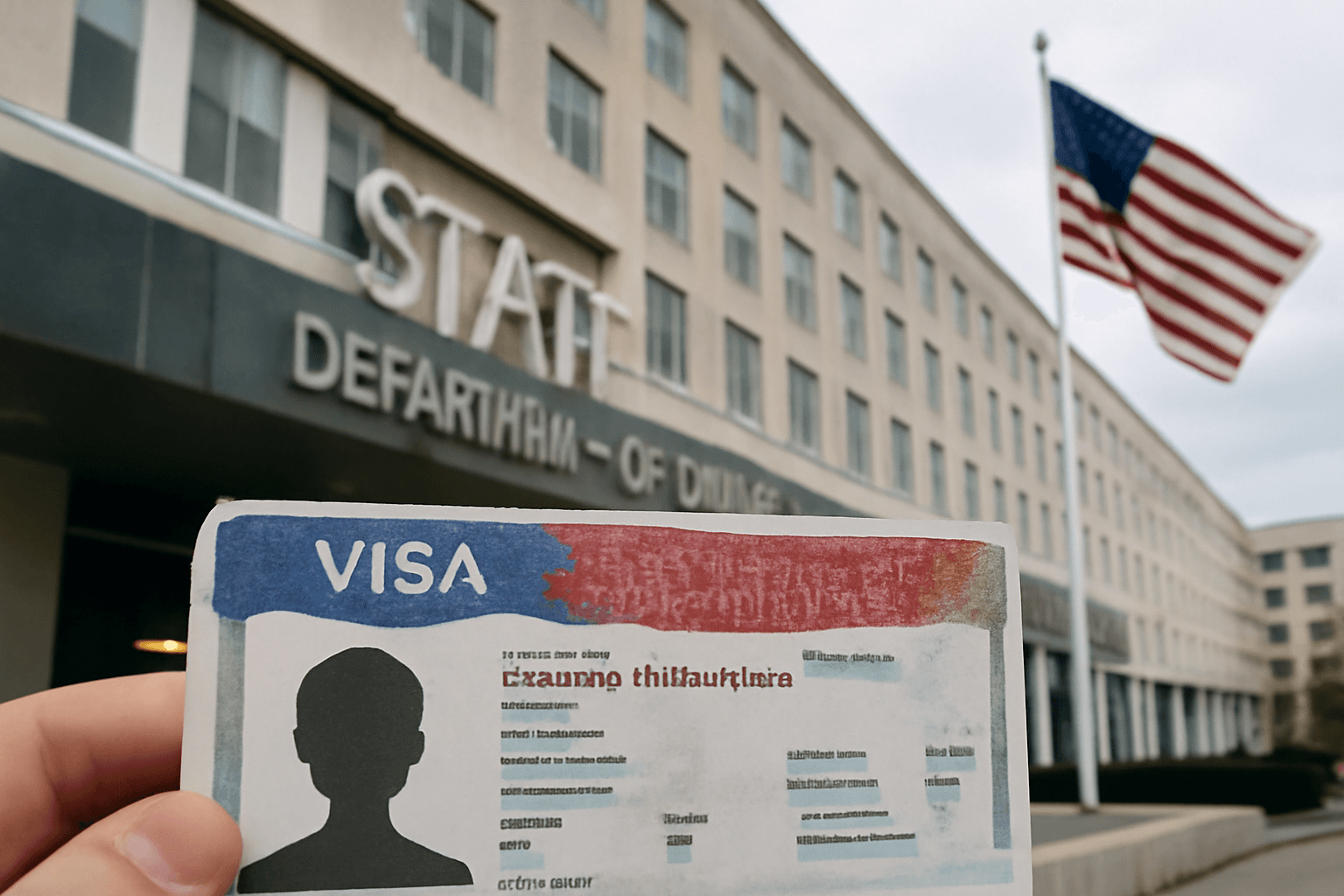ICE Detentions Spike for Non-Criminal Immigrants Amid Expanded Enforcement
Since early 2025, the number of individuals detained by US Immigration and Customs Enforcement (ICE) solely for immigration violations—without any associated criminal charges—has soared dramatically. Government data reveals an increase of more than 800% in arrests of non-criminal immigrants compared to January 2025, sharply contrasting with official claims focusing on criminal apprehensions.
Stark Rise in Non-Criminal Detentions
ICE detention records indicate that detainees booked solely for immigration violations jumped from roughly 860 in January 2025 to approximately 7,800 by June. While arrests of immigrants with criminal convictions also rose, the increase of 91% pales in comparison to the uptick among non-criminal detainees.
This surge has unfolded following a pledge by President Donald Trump upon taking office to deport millions of unauthorized immigrants, positioning the initiative as a crackdown on serious criminal elements within the immigrant population. However, the data paints a more complex picture.
Enforcement Expands Beyond Criminal Targets
Despite rhetoric emphasizing the removal of dangerous offenders, numerous deportation efforts have swept up many individuals with no criminal records. High-profile raids across cities like Los Angeles have ignited protests and criticisms advocating for a more targeted approach.
"With quotas demanding 3,000 arrests per day, it's impossible to meet targets by focusing solely on public safety threats," said Nayna Gupta, policy director at a leading immigration think tank. This statement underscores the challenges ICE faces under intense numerical pressure from the administration.
Shifting Priorities and Data Transparency Issues
The Trump administration’s Department of Homeland Security (DHS) has emphasized arrests of convicted criminals in its communications, often highlighting individuals charged with serious offenses like murder and drug trafficking. Yet, a notable shift has occurred: DHS ceased releasing detailed immigration enforcement statistics after Trump took office, complicating independent assessments of the crackdown's full extent.
Review of unpublished ICE data from October 2024 through May 2025 reveals that only about one-third of arrests involved persons with any criminal convictions, which could include minor offenses. The remaining two-thirds faced immigration violations exclusively.
Notably, these figures cover the transition period between administrations, including nearly four months under the previous presidency, indicating a stark increase under the current leadership.
Political and Community Reactions
Echoing official statements, Trump’s border czar Tom Homan acknowledged that while raids focus on criminals, non-criminal individuals are also detained if encountered. He explained, "If ICE is there and arrests that bad guy and other aliens are there, we're going to arrest them."
Amid growing concern, some lawmakers have urged the administration to recalibrate its priorities. A group of six Hispanic Republican representatives, including US Representative Tony Gonzales, appealed for enforcement to concentrate on criminals rather than individuals with clean records.
Meanwhile, tensions surrounding immigration enforcement reached a flashpoint when US Senator Alex Padilla, a Democrat, was forcibly removed and restrained by security while trying to question the Homeland Security Secretary at a press event. Padilla condemned the treatment, highlighting broader impacts on vulnerable immigrant workers.
Conclusion
The surge in ICE arrests of immigrants without criminal records has raised significant concerns regarding enforcement priorities and the social impact of a broad deportation agenda. While the administration touts increased arrests as a law-and-order measure, data and community responses suggest a more nuanced and contentious reality.




